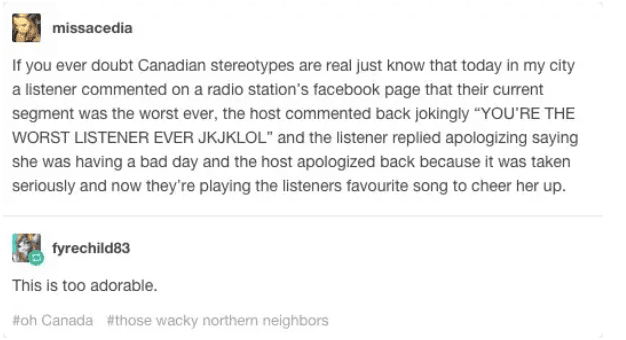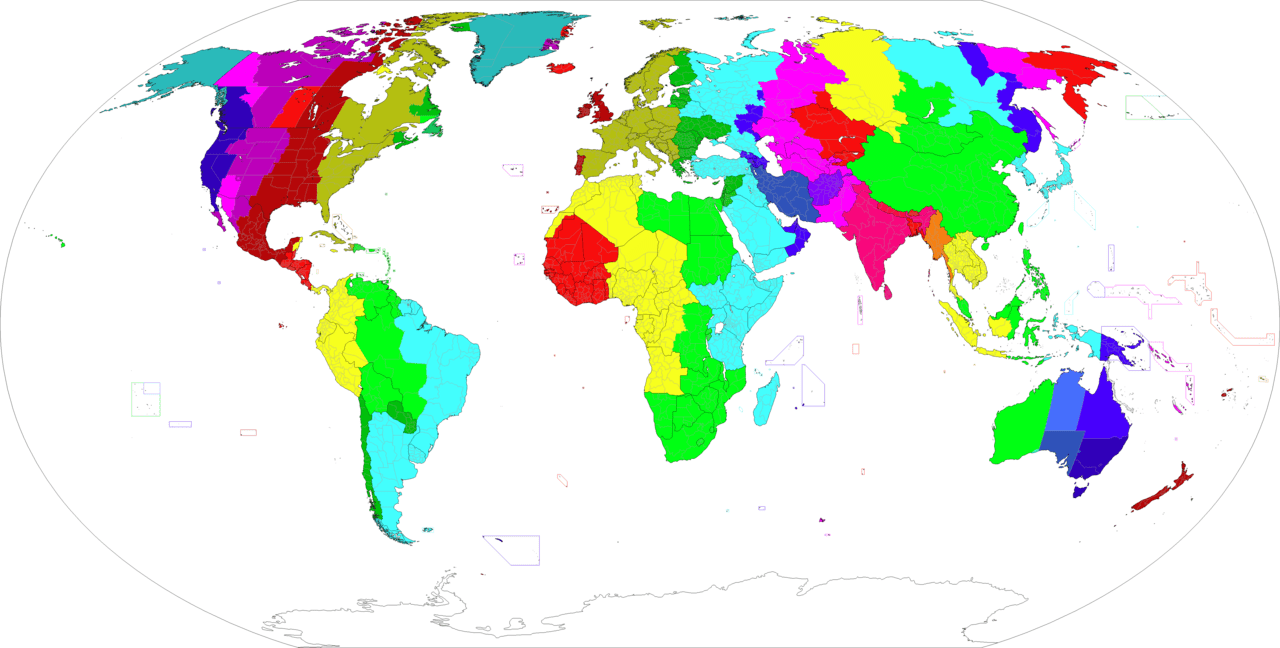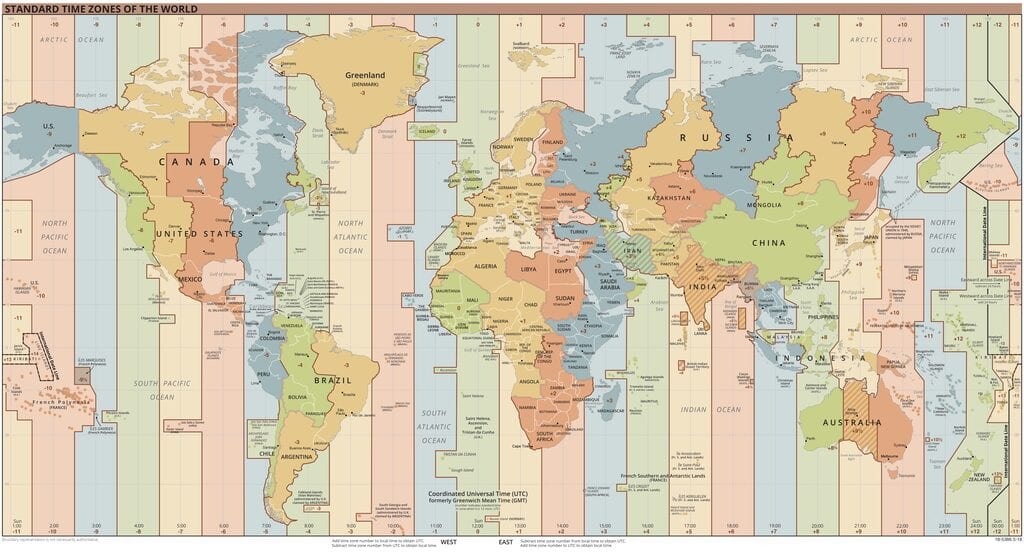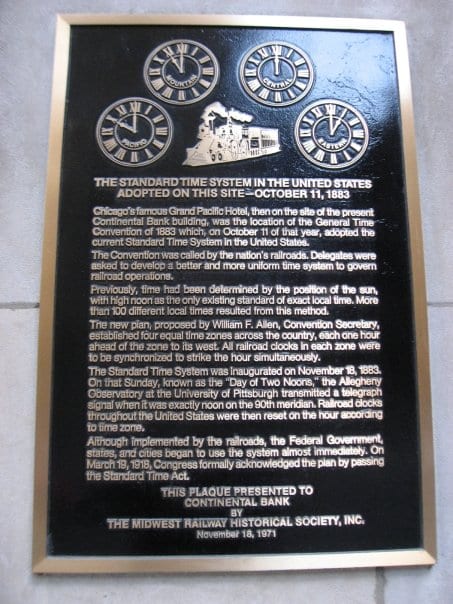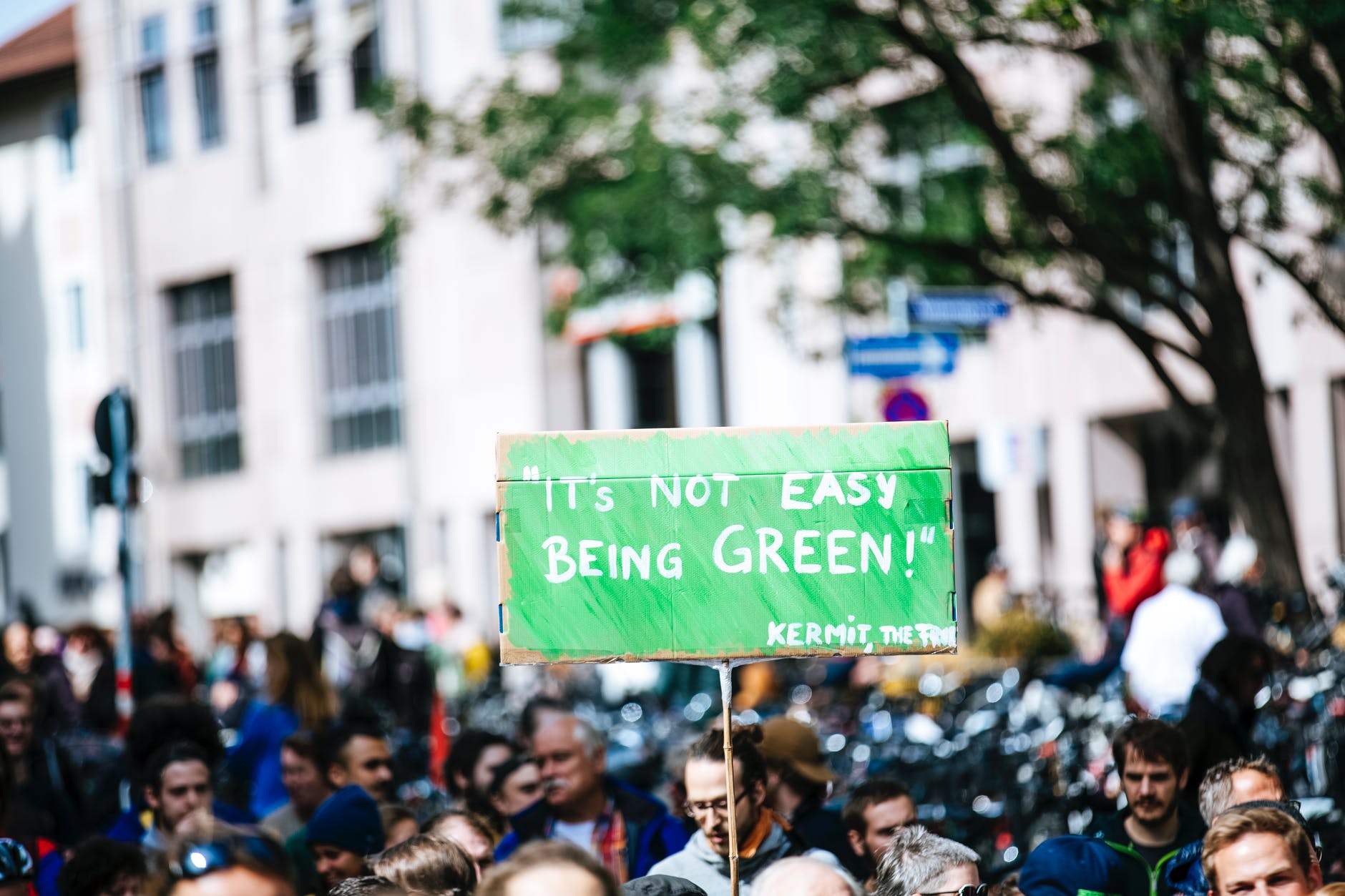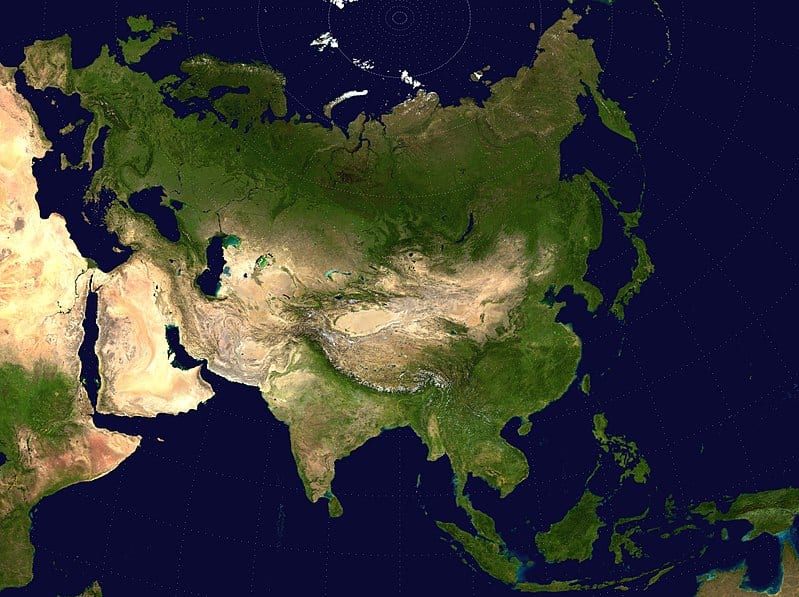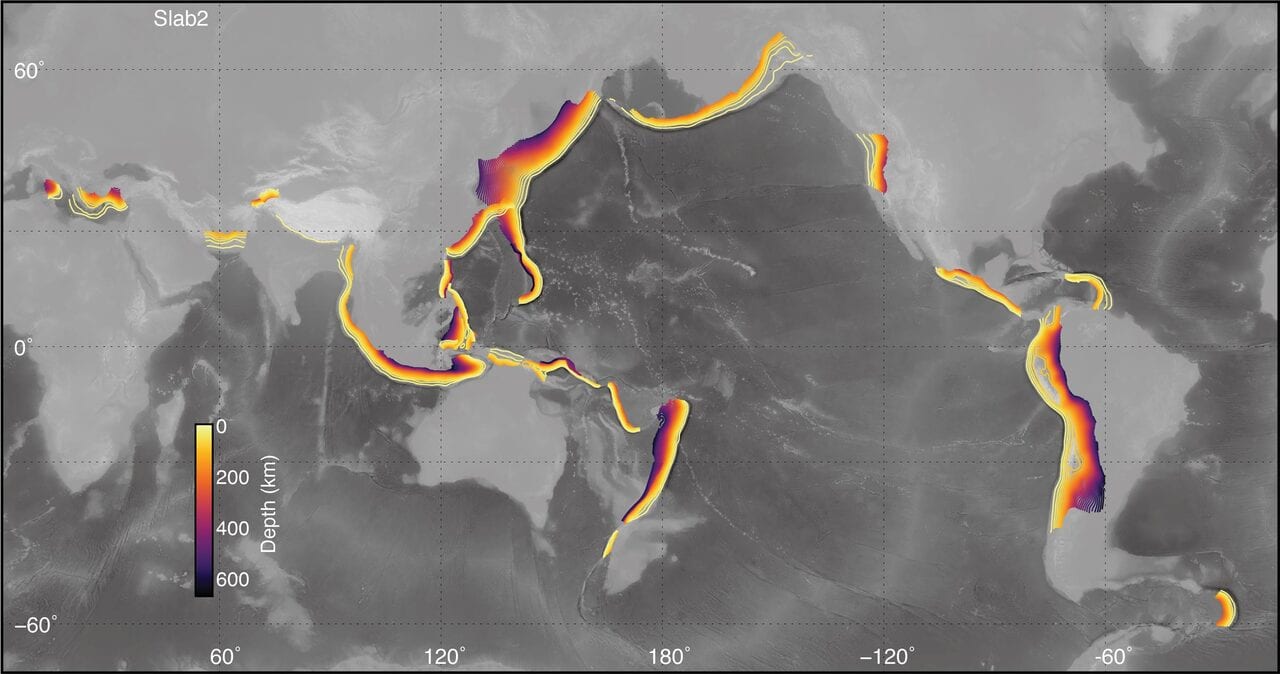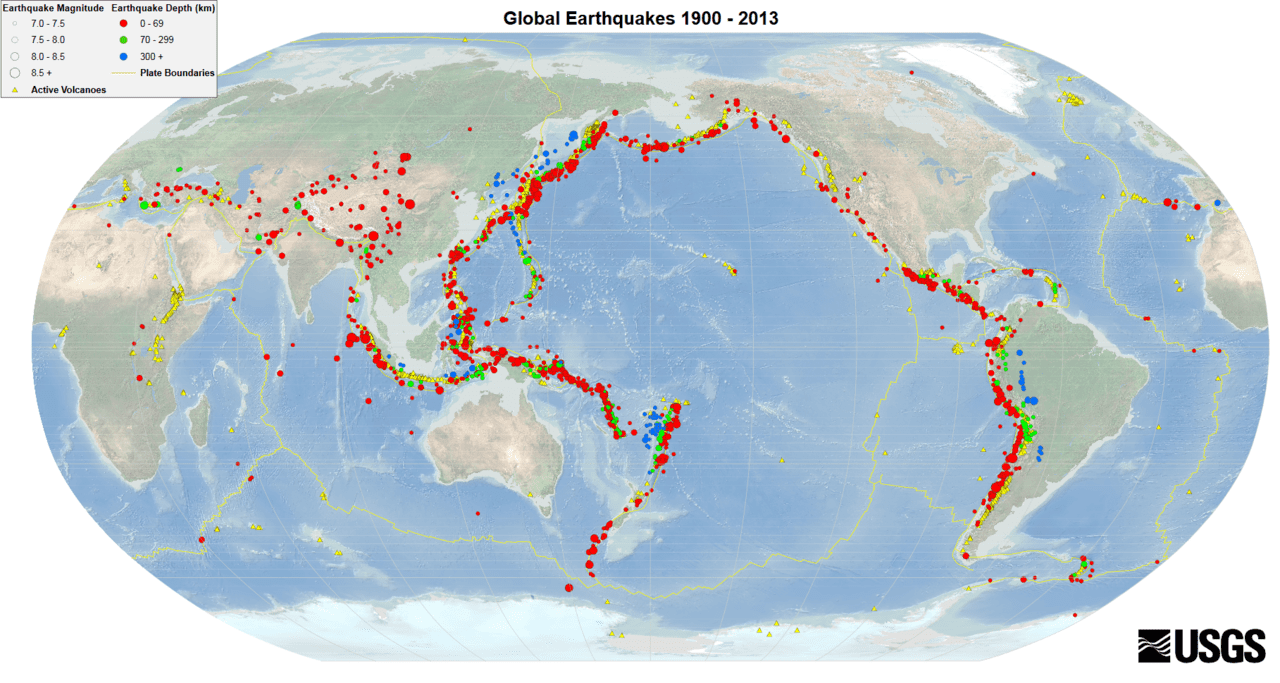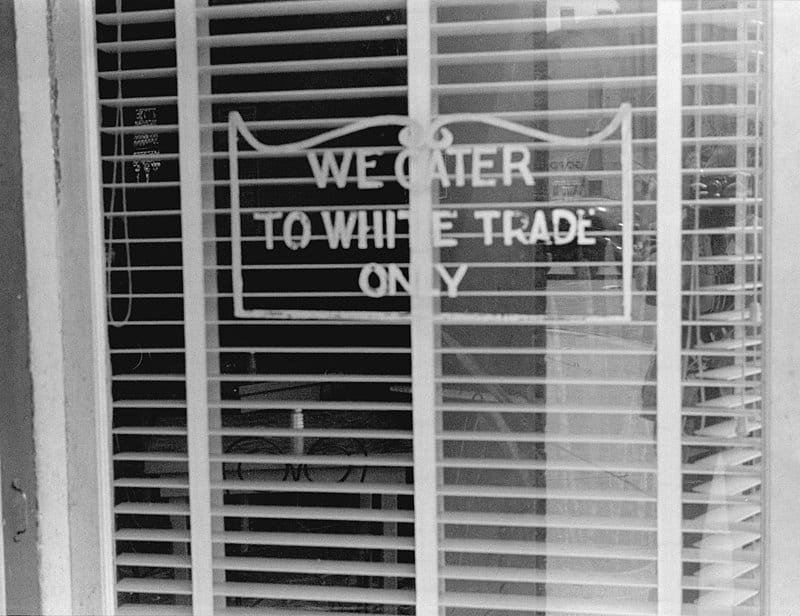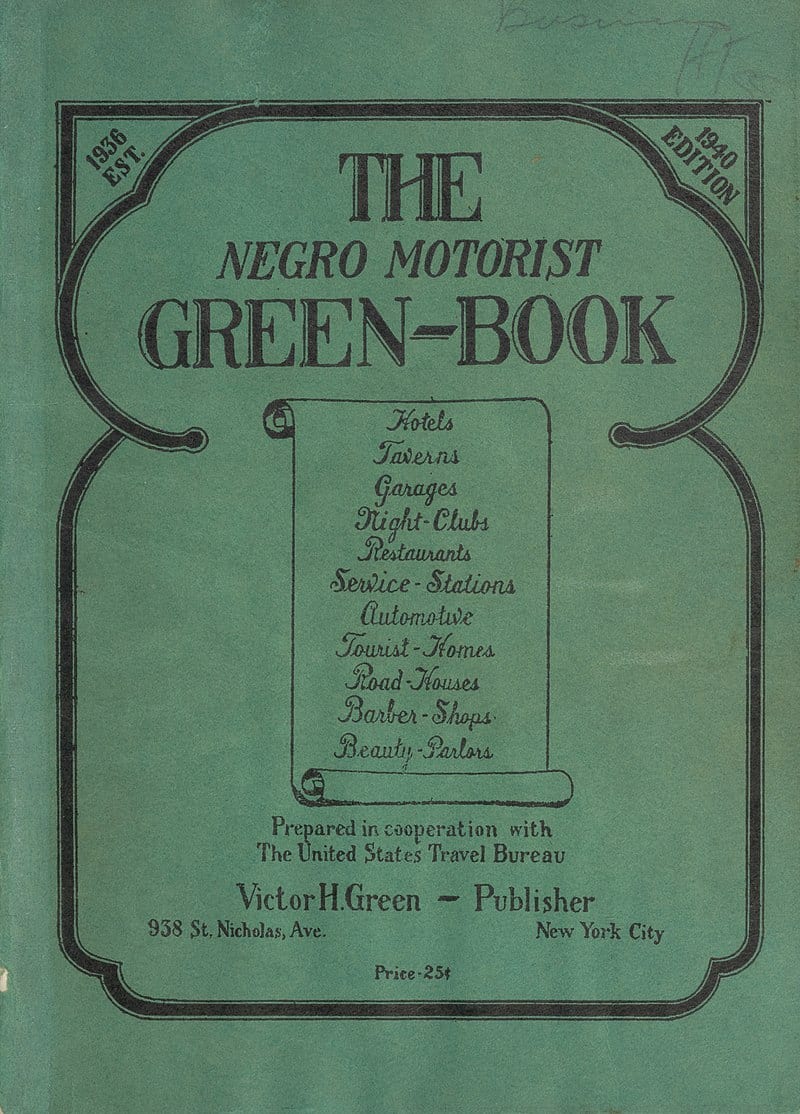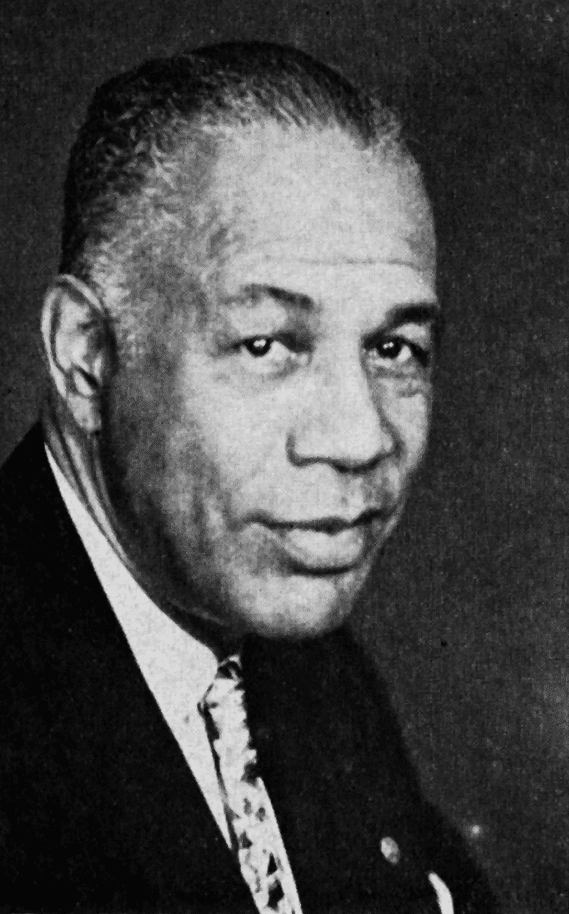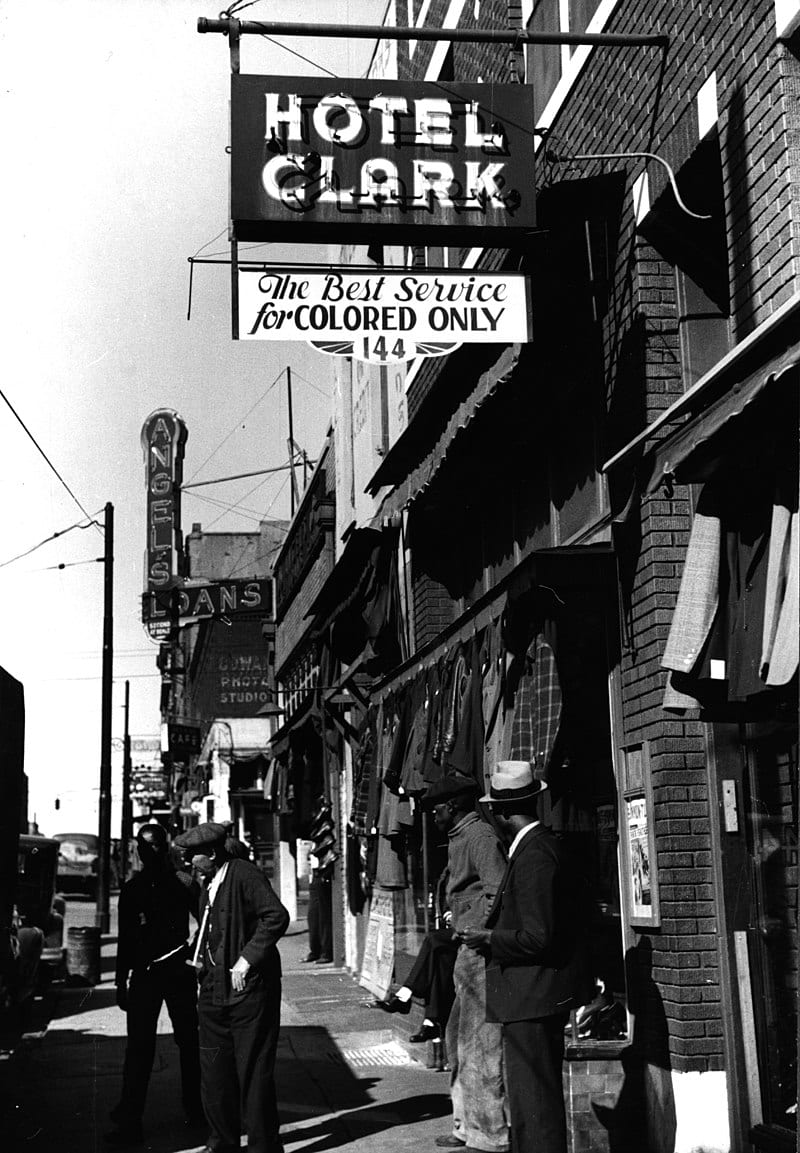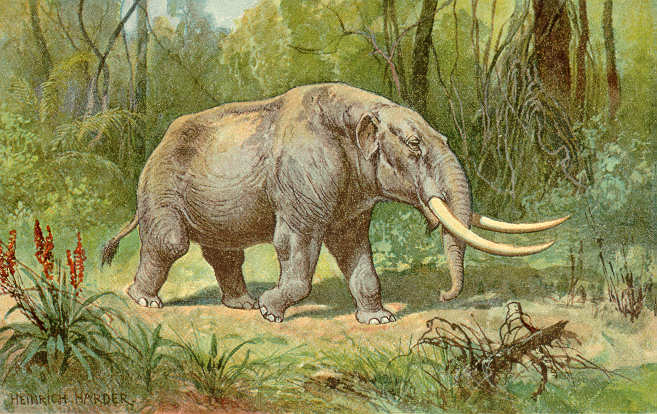Things always look better through rose-colored glasses.
You know that’s the truth!
Some things just seem to get better with time…even if they really don’t deserve it. And we’re about to get an earful about what people think about this!
AskReddit users talked about things they think should stop being romanticized. Let’s take a look.
1. In reality…
“Depression.
There’s nothing romantic about not showering for three days and forgetting what it’s like to be able to feel things.”
2. Don’t be a creep.
“Stalkers.
When a person says they are not interested in you, walk away. They are not playing hard to get. They are not pretending. They are not sending mixed-messages.
Don’t follow them around. Don’t call/message/email them. Don’t “accidently” run into them at different places. Don’t make them socialize with you.
No matter how hard Hollywood tries to sell it, there is nothing romantic about a guy who can’t take rejection or understand and accept the word “no”.”
3. Too much work.
“Overworking.
The people at my job seem to make it a contest of who sacrifices more for their job. Who works the most overtime? Who does things off the clock for work more? Etc.
It’s bullsh*t.
I have a life and a family I want to prioritize.”
4. It’s not real life.
“Many romance stories focus on a male character who is ‘broken’ and is ‘fixed’ by the female protagonist.
Women craft a relationship standard from this – a man cannot be for her if he is not damaged.”
5. Not fun for everyone.
“High school.
There is so much more bullsh*t in high school but the media decides to romanticize one TEENSY part of it.
Take it from a high schooler, romance is such a tiny part of it that it’s barely even recognized anymore.”
6. So true.
“Alcoholism.
I am thankful I never made it such a habit that it ever became a problem, but between the commercials urging you to buy beer and liquor, the movies and television that treat binges as always fun and always s*x-filled, and the general cultural passivity with it (the fact I can drink with my parents no problem but will likely never, EVER smoke weed with them) is just painfully misleading.
I think of the people who truly struggle with alcoholism and how much it must pain them to watch TV or even just be out anywhere it is served. Maybe someone with that sort of perspective here can correct or enlighten me, but it just seems like a very difficult world to recover from alcohol dependency.
To clarify, I’m not anti-drinking. I used to drink on a weekly basis, whereas now it’s on special occasions only. Idk, so many things about it just don’t appeal to me anymore.
The emotional and relational problems…the trauma drunk behavior can bring, the wake-up headaches that make your head feel split in half, the vast amount of car accidents and fatalities inebriation causes, the numbing of your emotions (for better or worse), the amount of weight it makes you gain, the number of people who feel they cannot have fun without it.
To me it’s legitimately tragic just how much society encourages us, whether culturally or economically, to drink. I would argue cigarettes in the same vain, however I think society has generally embraced the anti-cigarettes mantra much more in recent years, though it’s still bad.”
7. Toxic.
“”Struggle love” or whatever you wanna call toxic relationships that slowly suck the life out of you and ruin your mental health. Relationships are not the misery olympics where you get a gold medal in the end if you put up with the most bullsh*t.
Your partner should make you happy at least 95% of the time, if it’s the opposite then you need to get the hell out of there instead of endlessly trying to ‘make it work’.
There’s nothing romantic or glamorous about wasting the only life you have with a loser who lies, cheats, uses, and abuses you.”
8. Not a good life.
“The Mafia.
Media makes them out to be bad*sses who are making money hand over fist.
Go watch Donnie Brasco and Al Pachino’s character. A life-long mafioso who drives a sh*tty car, has an average at-best apartment, and is constantly wondering if he’s going to get killed every day he wakes up.
Who the hell would want that life? But, a lot of these guys are Neanderthal morons who only know crime.”
9. Bad boys.
“The whole concept of “bad boys”.
Why is manipulative and abusive portrayed as hot? If anyone abuses you in any way, it’s not hot, it’s a serious problem.
For some reason, many movie/book plots overly romanticize the concept and it’s sick. Same thing goes for Stockholm Syndrome.”
10. Enough of this.
“The tortured artist.
I hate the idea of “only those that suffer can make great art”. Yes, there are people who have a rough life and make amazing things but that is a small percentage of people who actually get noticed. You can be smart, passionate, sincere, dedicated, or creative and make amazing art.
If we promote the idea that true art only comes from people who have suffered then that promotes the idea of self inflicting suffering while detracting from those who have made really amazing art but haven’t “truly suffered” for it.”
11. Yikes.
“Public marriage proposals, where the other party is basically shamed into accepting.
I heard someone on a podcast years ago telling their story about being proposed to on a cruise ship in front of hundreds. She said she leaned in, kissed the man, whispered in his ear “no but keep smiling”.”
12. Stay home.
“Working while sick.
JUST STOP! It’s not tough of you. You’re not taking one for the team. You’re probably about to take the whole team out.
I get it. Some workplaces have punitive policies for taking sick days (scary sidenote: like every single hospital I’ve ever worked). Some of us can’t afford not to work that shift.
But those are policy questions we should be pushing back on as soon as this administration is in the history books and we can finally get back to boring policy making again.”
13. Glamour and glitz.
“Celebrities. Fake people living fake, manufactured lives, yet the media insists that we care what they think, what they wear, who they’re voting for, who they’re f*cking.
All because they were born with some genetic gift, or born into the right family, or some other twist of fate thrust them into the limelight. It used to just be Hollywood types.
Now we have this whole generation of insta models, reality stars, and other “influencers” whose only contribution to society is their shameless self promoting bullsh*t. And people eat it up.
Meanwhile we have skyrocketing rates of teen depression and suicide because kids are bombarded with these impossible standards of beauty and popularity in their formative years.”
Now we’d like to get your thoughts.
In your opinion, what do people need to stop romanticizing?
Tell us what you think in the comments!
The post People Talk About What Needs to Stop Being Romanticized appeared first on UberFacts.
